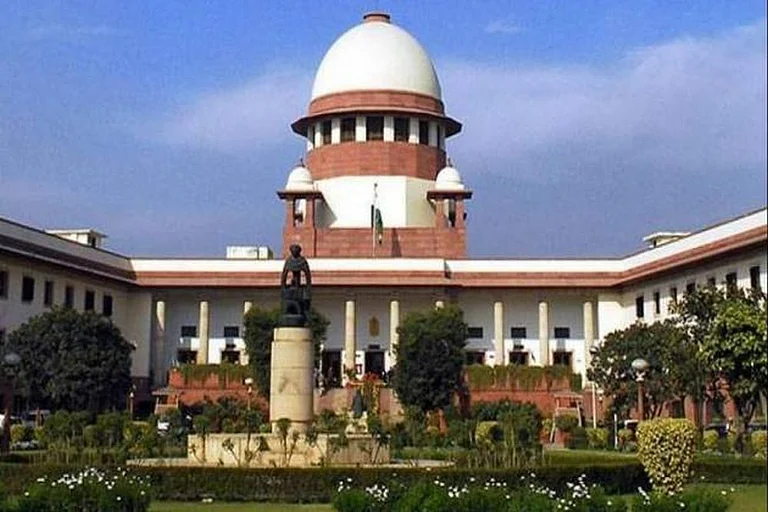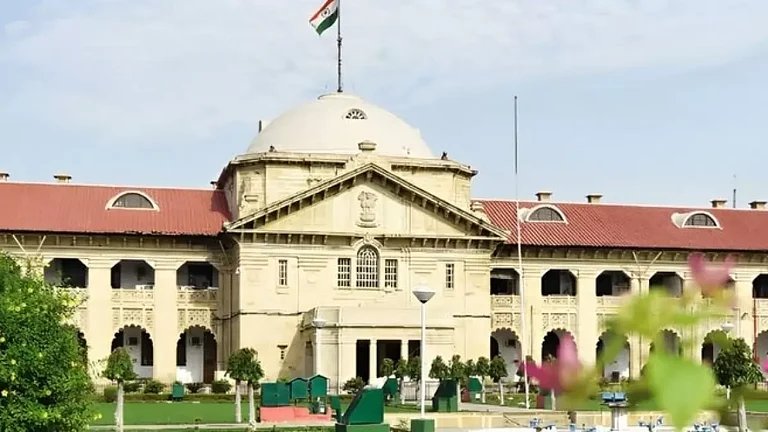
The Supreme Court on Wednesday emphasised a measured approach while hearing challenges to certain provisions of the Hindu Succession Act.
A two-judge bench comprising Justices B.V. Nagarathna and R. Mahadevan made these remarks during a hearing on petitions contesting parts of the law that govern succession.
The judges stressed the need for a delicate balance between upholding traditional societal frameworks and advancing gender equality.
The Supreme Court on Wednesday emphasised a measured approach while hearing challenges to certain provisions of the Hindu Succession Act, 1956. The bench underscored the need to preserve the foundational elements of Hindu social structure, even as it acknowledged the importance of women's inheritance rights.
A two-judge bench comprising Justices B.V. Nagarathna and R. Mahadevan made these remarks during a hearing on petitions contesting parts of the law that govern succession, particularly in cases where Hindu women die without a will.
“Do not demean the structure of the Hindu society that we already have,” the bench stated, cautioning the petitioners. “There is a Hindu social structure and you do not bring it down. We do not want our judgment to break something that has been there for thousands of years,” it added.
The judges stressed the need for a delicate balance between upholding traditional societal frameworks and advancing gender equality. “While women's rights are critical, there must also be a balance between preserving the social structure and ensuring those rights,” the court said.
During the hearing, the bench referred the parties to the Supreme Court's Mediation Centre to explore a possible settlement while the court considers the wider constitutional questions involved.
Senior advocate Kapil Sibal, appearing for one of the petitioners, argued that the provisions being challenged are inherently exclusionary and discriminatory towards women. He said that denying equal inheritance rights on the basis of customs and traditions was unjust.
Representing the Union government, Additional Solicitor General K.M. Nataraj defended the existing legal framework. He described the Hindu Succession Act as a “well-crafted” piece of legislation and contended that the petitioners were attempting to dismantle an established social order.
The top court is hearing the petition pertaining to Sections 15 and 16 of the Hindu Succession Act. These sections dictate how the property of a Hindu woman who dies intestate (without leaving a will) should be distributed. As per Section 15, the property first goes to the heirs of the woman’s husband, before her own parents or siblings.
The court is now expected to further deliberate on whether these provisions align with constitutional principles of equality, while weighing their potential societal impact.


























